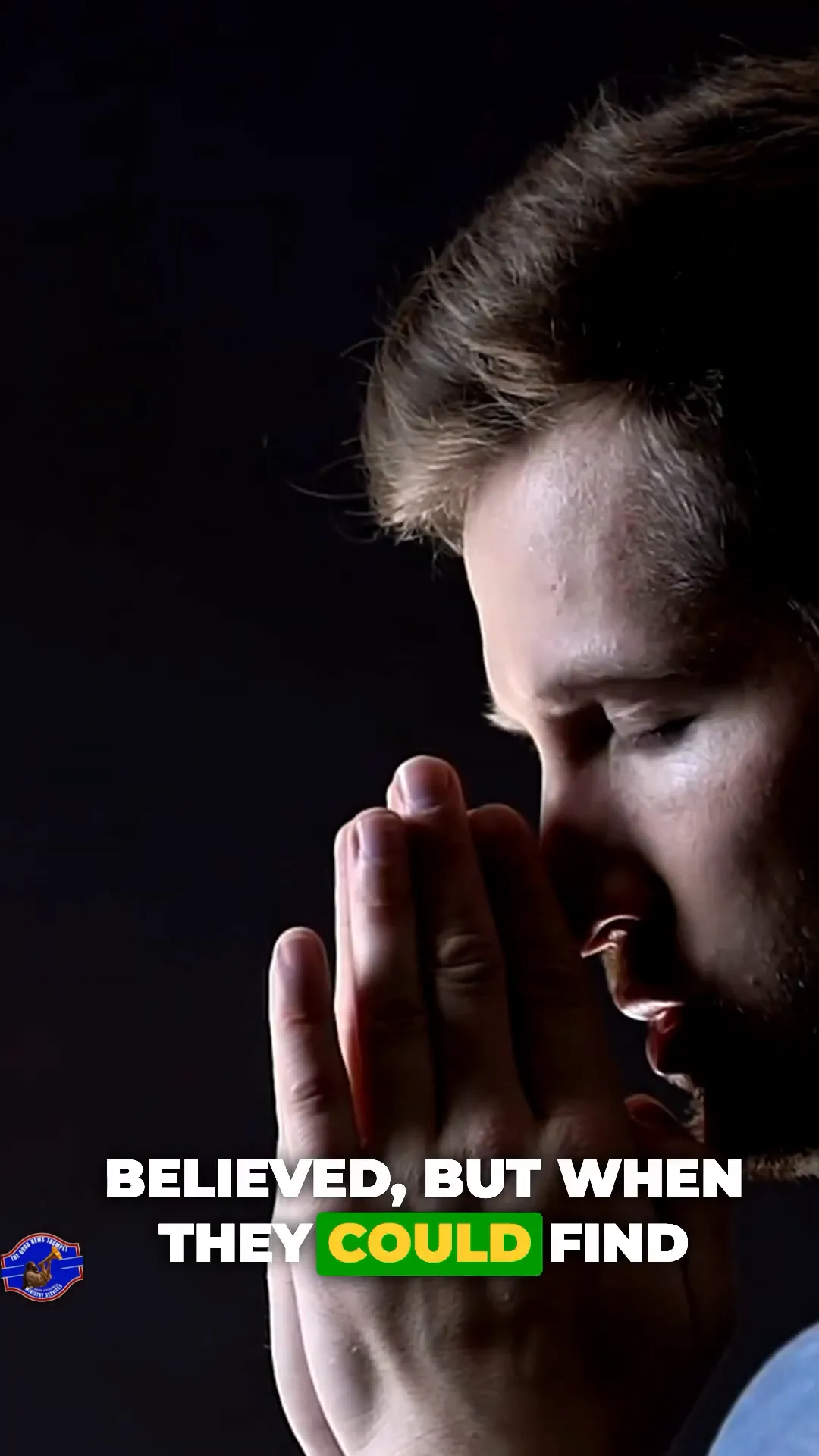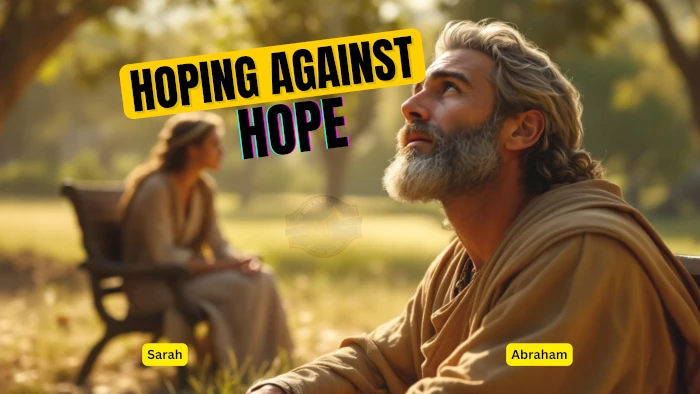In today’s message, we delve into ‘Faith Decoded,’ exploring the profound journey of faith in the waiting period after prayer. Join me as we uncover how to maintain unwavering faith and act on God’s promises, even when we cannot yet see the results of our requests.
Table of Contents
Introduction to Faith
Faith is the cornerstone of our spiritual journey. It is more than a concept; it is the very essence of our relationship with God through Christ. When we talk about faith, we are referring to a deep-seated belief that transcends what we can see or understand. It is a trust in God’s promises and His character, knowing that He is faithful to fulfill what He has said. This faith becomes our anchor in times of uncertainty, guiding us through life’s challenges and uncertainties.
Understanding the Waiting Period
After we pray, we often find ourselves in a waiting period. This phase can be daunting. We have expressed our desires to God, yet the answers seem delayed. It’s crucial to understand that this waiting period is not a sign of God’s absence or indifference. Instead, it’s a time for our faith to mature. During this interval, our trust in God is tested and strengthened.
The waiting period serves multiple purposes. It teaches us patience, deepens our reliance on God, and prepares us for the blessings that are to come. As we wait, we must remember that God is working behind the scenes, orchestrating events for our good. Our job is to remain steadfast, believing in His timing and His methods.
Confidence in God’s Will
Confidence in God’s will is essential during the waiting period, even in our affliction. We must anchor our hearts in the knowledge that God’s plans for us are good. Romans 8:28 reminds us that all things work together for the good of those who love Him, a sentiment echoed by St. Paul. This assurance fuels our faith and helps us to navigate the uncertainties we face.
When we are confident in God’s will, we can approach the waiting period with the peace of God, knowing that what He has promised, including eternal life, will come to pass. This confidence is not based on our understanding but on our relationship with Him. It is a belief that He knows what is best for us and will provide in His perfect timing.
Defining Faith
To truly grasp the essence of faith, we must define it clearly. Faith, as described in the Bible, in Hebrews 11:1, is the substance of things hoped for, the evidence of things not seen. It is not merely a wish or a hope; it is a firm assurance that what we have prayed for will manifest. Faith is a confident expectation rooted in the character of God.
True faith in Christianity does not rely on physical evidence; rather, it is a conviction that God’s promises are true, in the New Testament, regardless of our circumstances. This type of faith leads us to act, to believe, and to trust even when we cannot see the outcome. It is a powerful force that shapes our reality and influences our actions.
The Nature of Faith
The nature of faith is dynamic. It grows and evolves as we experience life with God. Faith is not static; it is interactive. It requires our participation through prayer, study of the Word, and obedience to God’s commands. The more we engage with God, the more our faith deepens.
Faith also encompasses both belief and action in every area of our lives. It is not enough to simply declare our faith; we must live it out. James 2:17 tells us that faith without works is dead. Our actions demonstrate our belief and validate our faith. As we step out in obedience, we reinforce our trust in God’s promises.
The Importance of Faith
Faith is vital to our spiritual lives. Without it, we cannot please God (Hebrews 11:6). Our faith opens the door for God’s work in our lives, and it is only by God’s grace that we receive His blessings and experience His presence in a profound way, as it is one of the fruit of the Spirit. Faith is the key that unlocks the potential of God’s promises.
The importance of faith extends beyond personal benefits. It also serves as a testimony to others. When we walk in faith, guided by the Holy Spirit, we reflect God’s glory and inspire those around us. Our unwavering trust in God can encourage others to seek Him, creating a ripple effect of faith in our communities.
Types of Faith
There are two primary types of faith: natural faith and supernatural faith. Natural faith is what we exercise in everyday life. It is the trust we place in people, systems, and processes based on past experiences. We operate on natural faith when we board an airplane or rely on friends to keep their promises.
On the other hand, supernatural faith is a gift from God. This is the faith that believes in the unseen, the faith that stands firm on God’s Word even when circumstances suggest otherwise. Supernatural faith allows us to access the spiritual realm and claim the promises of God. It is this kind of faith that we must cultivate as believers, enabling us to navigate life’s challenges with divine confidence.

Faith in Action
Faith is not a passive state; it requires action of faith. .When we truly believe in the sacrifice of Christ, our actions will reflect that belief. Just as Simon Peter acted on the words of Jesus, we too must respond in obedience. This is the essence of living out our faith. It is not enough to merely declare our beliefs; we must embody them.
Consider the story of the friends who lowered the sick man through the roof to reach Jesus. Their faith was evidenced by their relentless pursuit of healing for their friend, as illustrated in Luke’s account, and their faith in God’s ability to heal. They faced obstacles, yet their belief drove them to action. This is what faith in action looks like: unwavering determination to see God’s promises fulfilled.

Relentless Faith
Relentless faith is the kind of faith that pushes through barriers. It does not give up when faced with challenges. The friends in the story exemplified this relentless spirit, believing wholeheartedly that their actions would lead to a miracle. They refused to accept defeat, demonstrating that true faith persists despite opposition.
This kind of faith is essential in our walk with God and our Lord Jesus Christ. , as taught in Timothy. It requires us to persist in prayer, to continue believing even when circumstances seem bleak. Relentless faith is rooted in the assurance that God is at work, even when we cannot see it. It is a faith that knows no limits, believing that nothing is impossible for God.

Resting in Faith
Resting in faith means trusting God fully. It is the assurance that He is in control, and we can cease our striving. When we rest, we acknowledge that our efforts cannot bring about the change we desire; only God can. This is not a call to inaction, but rather a call to trust in His timing and methods.
Hebrews 4:10 tells us that when we enter into God’s rest, we cease from our own works, placing our faith in Him as our Savior. This rest is available to us when we trust that He is working behind the scenes, orchestrating our lives according to His perfect will. In moments of uncertainty, remember to rest in the knowledge that God is faithful and will fulfill His promises.

Key Takeaways
- Faith is an active, persistent trust in God’s promises.
- True faith remains unwavering during the waiting period.
- Faith is evidenced through our actions, reflecting our beliefs.
- Relentless faith pushes through obstacles and does not give up.
- Resting in faith means trusting God fully and ceasing our striving.
As we navigate the journey of faith, let us hold onto these key takeaways. Let them guide our actions and strengthen our resolve as we wait for God’s promises to manifest in our lives.
Closing Prayer
Heavenly Father, we thank You for the gift of faith that empowers us to trust in Your promises. Help us to embody our faith through action and to remain relentless in our pursuit of You. Teach us to rest in Your presence, knowing that You are working all things together for our good and reflecting Your infinite goodness, for we acknowledge that our faith is truly the gift of God. May our lives reflect Your glory as we walk in faith. In Jesus’ name, we pray. Amen.
FAQs about Faith
What is faith?
Faith is the confident belief in God’s promises and His character. It is the assurance of things hoped for and the evidence of things not seen (Hebrews 11:1).
How can I strengthen my faith?
Strengthening your faith comes from consistent prayer, studying the Word of God, and acting on what you believe. Surrounding yourself with a community of believers can also encourage your faith journey.
What should I do while waiting for my prayers to be answered?
During the waiting period, continue to pray, trust in God’s timing, and take action based on your faith. Reflect on God’s promises and maintain a posture of expectancy.
Can faith change my circumstances?
While faith itself does not change circumstances, it positions you to receive God’s intervention in your life at the end of the day. It allows you to see beyond the physical and trust in God’s greater plan.
Is it normal to struggle with faith?
Yes, it is normal to experience doubts and struggles with faith. The key is to bring those doubts to God in prayer and seek His guidance through His Word, including verse reminders from 2 Corinthians of His promises. Remember that faith often grows through challenges.








